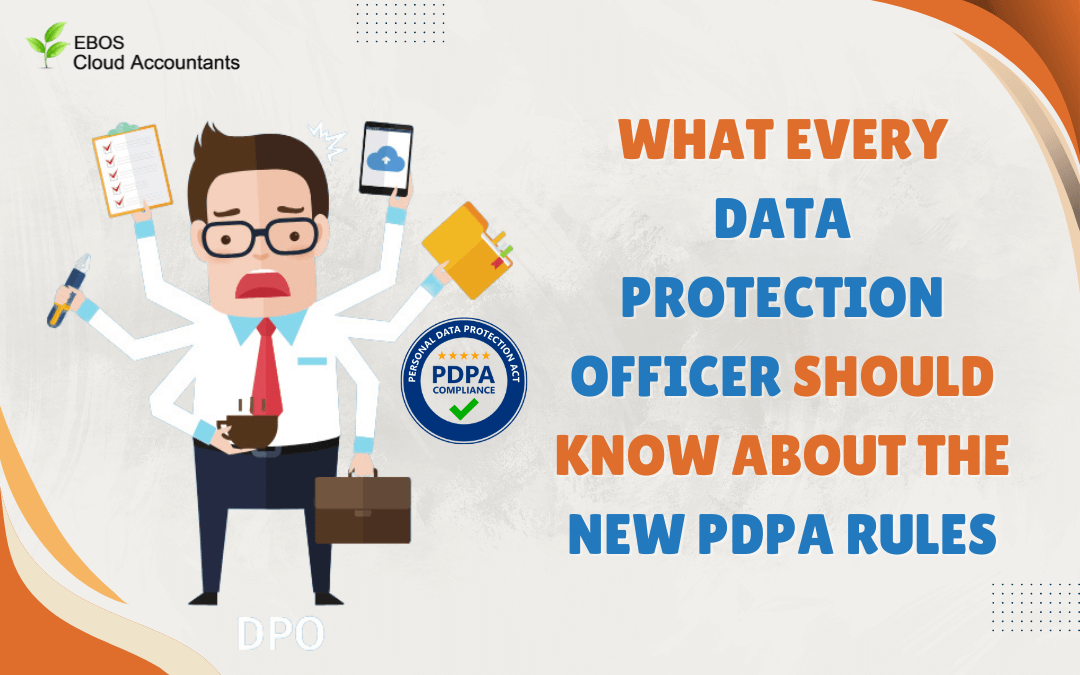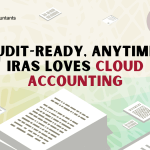The cornerstone of Singapore’s data protection laws is the Personal Data Protection Act (PDPA). Recent PDPA modifications have brought about important changes that all Data Protection Officers (DPOs) need to be aware of in order to make sure their company stays compliant. DPOs now have to be more aggressive and knowledgeable about protecting personal data because of the new regulations, which include tougher enforcement tactics, greater rights for individuals, and additional responsibilities for companies.
This is a summary of the main PDPA amendments and the areas that DPOs need to concentrate on to stay in compliance.
1. Mandatory Data Breach Notification
One of the most notable changes to the PDPA is the introduction of a mandatory data breach notification requirement. Under this new rule, organizations must notify both the Personal Data Protection Commission (PDPC) and affected individuals if a data breach is likely to result in significant harm or impact to individuals.
What DPOs Should Know:
- Notification Timeframe: DPOs must report a data breach to the PDPC within 72 hours after determining that the breach meets the notification threshold. Affected individuals must also be informed “as soon as practicable” if the breach is likely to result in significant harm.
- Internal Reporting Mechanisms: DPOs should implement or update internal protocols for detecting, assessing, and reporting data breaches swiftly. This includes conducting a thorough assessment of the breach’s impact and ensuring clear communication with relevant stakeholders.
- Training and Awareness: Employees should be trained to recognize potential data breaches and report them promptly to the DPO, so the organization can meet the required response time.
2. Expanded Consent Framework: Legitimate Interests
The conditions under which an organization may gather, utilize, or disclose personal data without individuals’ express agreement have been broadened by the PDPA revisions. In particular, if the advantages to the organization (or third parties) exceed any negative impacts on persons, then organizations may treat personal data for legitimate purposes under the new legitimate interests exception.
What DPOs Should Know:
- Risk Assessments: DPOs must conduct detailed risk-benefit assessments to determine if the legitimate interests exception applies to their organization’s data processing activities. This ensures that individuals’ rights are balanced against the organization’s interests.
- Documentation: Organizations must document their decisions to rely on the legitimate interests exception, demonstrating that they have thoroughly considered potential risks to individuals and taken steps to mitigate them.
3. Data Portability Obligation
The new data portability obligation requires organizations to transfer an individual’s personal data to another service provider upon request. This regulation aims to enhance consumer control over their data and promote competition among service providers.
What DPOs Should Know:
- Portability Requests: DPOs should be prepared to handle data portability requests in a secure and timely manner. This includes creating mechanisms for receiving, verifying, and processing such requests, while ensuring the security and integrity of the transferred data.
- Data Interoperability: DPOs need to work closely with IT teams to ensure that the organization’s systems can support data portability. This includes ensuring that personal data can be exported in a commonly used, machine-readable format.
- Exemptions: There are certain exemptions to the data portability obligation, such as requests that would harm the organization’s proprietary interests or compromise sensitive commercial information. DPOs must understand these exemptions and be prepared to justify their applicability.
4. Stronger Enforcement and Penalties
The PDPA now imposes higher financial penalties for organizations that fail to comply with data protection regulations. For larger businesses, fines can be as high as 10% of the organization’s annual turnover in Singapore, or SGD 1 million, whichever is higher.
What DPOs Should Know:
- Compliance Culture: DPOs must foster a culture of compliance throughout the organization, from top management to entry-level employees. This includes conducting regular training sessions and creating awareness of personal data protection across departments.
- Regular Audits: DPOs should perform internal data protection audits to identify potential compliance gaps and rectify them before they result in enforcement action. This proactive approach minimizes the risk of non-compliance and costly fines.
- Incident Response Plans: Given the potential financial impact of non-compliance, DPOs should review and update their organization’s incident response plans, ensuring they align with the latest regulatory requirements.
5. Increased Accountability Requirements
The amendments also stress greater accountability for organizations in managing personal data. The PDPC has introduced an enhanced Data Protection Management Programme (DPMP) to help businesses implement effective data protection policies and practices.
What DPOs Should Know:
- Accountability Measures: DPOs must ensure their organization adopts accountability measures, such as data protection policies, privacy by design, and continuous monitoring of data protection practices. These measures demonstrate that the organization is taking active steps to comply with PDPA regulations.
- Regular Policy Updates: The DPMP requires businesses to regularly update their data protection policies and ensure employees are aware of them. DPOs should review and update their data protection policies, especially when there are changes in business processes or new regulatory developments.
- Engagement with PDPC: To further enhance accountability, DPOs can engage with the PDPC through its voluntary undertaking program. This allows organizations to voluntarily report potential breaches and work with the PDPC to resolve them, potentially avoiding hefty fines.
6. Data Anonymization Standards
The PDPA amendments highlight the importance of data anonymization in protecting personal data. Anonymized data falls outside the scope of the PDPA, provided that the anonymization process is robust and irreversible.
What DPOs Should Know:
- Implementing Anonymization Techniques: DPOs should encourage their organizations to adopt anonymization and pseudonymization techniques, particularly when using personal data for analytics or research purposes. Proper anonymization minimizes the risk of identifying individuals while still enabling valuable data insights.
- Reviewing Anonymization Practices: DPOs must ensure that the techniques used for anonymizing data are up-to-date and follow the latest industry standards. Any failure in the anonymization process could result in a data breach and fall under PDPA regulation.
Conclusion
Recent changes to Singapore’s PDPA, which place a heavy emphasis on responsibility, openness, and stricter enforcement, mark a dramatic change in the way corporations are required to handle personal data. To ensure organizational compliance, Data Protection Officers (DPOs) must be informed about these changes. DPOs can prevent fines from regulations and build consumer trust by emphasizing consent frameworks, data portability, obligatory breach notifications, and accountability procedures. In today’s fast-changing data protection landscape, regular training, audits, and a culture of data privacy are essential for ensuring robust compliance.
Check out our website at https://ebos-sg.com/ to explore more articles and discover how our Cloud Accountant Services can support you on your business.







